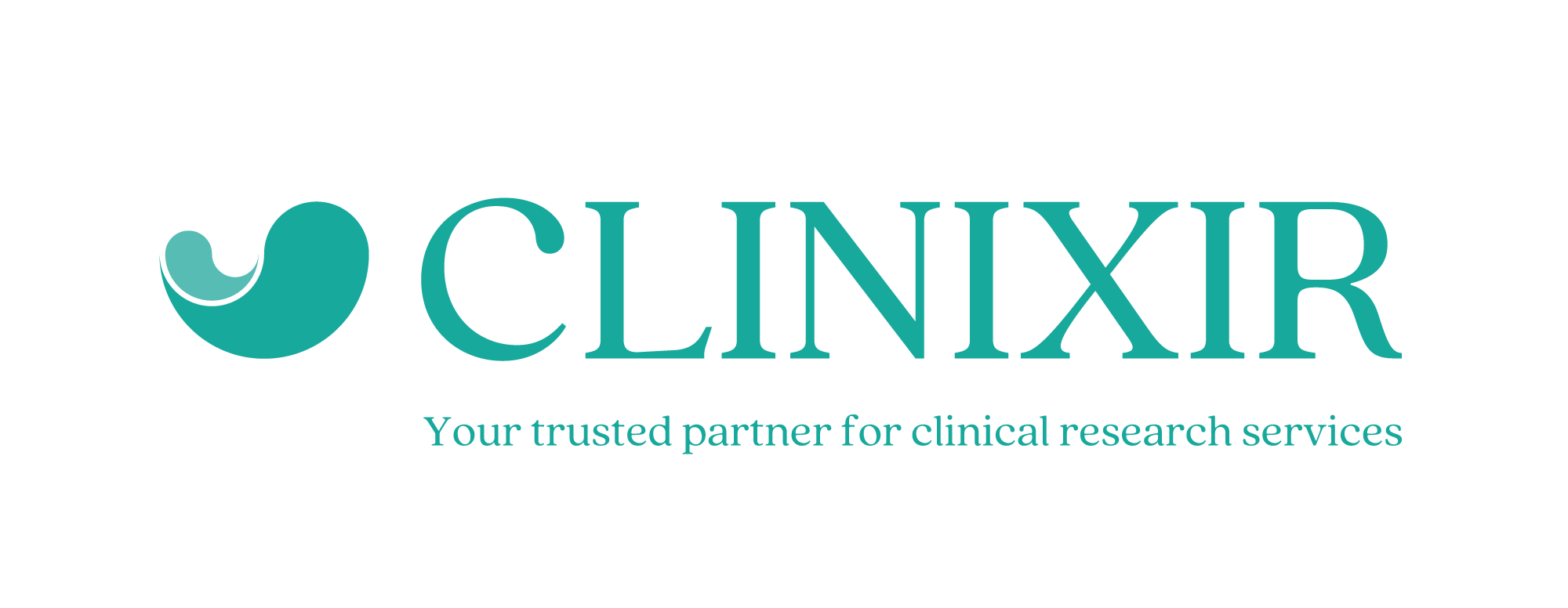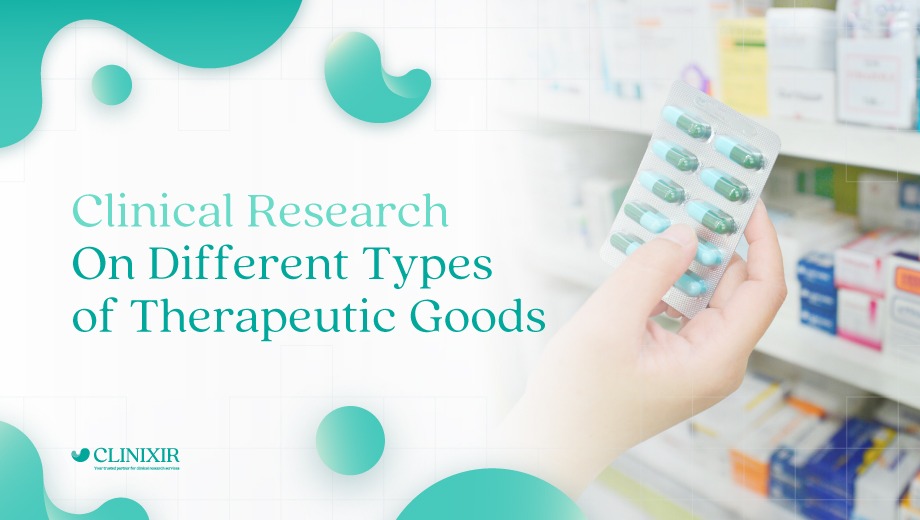Broadly defined, therapeutic goods must be capable of preventing, diagnosing, treating or curing an ailment, disorder, or injury. Therapeutic goods can be classified for use as an ingredient, manufacturing component, or anatomical replacement part. A few easy ways of identifying whether a product is a cosmetic or therapeutic good include examining the claims, route of administration, and ingredients involved.
For instance, moisturizers often contain sunscreening agents as secondary components, to support the claim that they help protect skin against UV radiation. In the case of medicines, various factors must be considered to determine whether a product is a medicine or a food. If chemicals are extracted from a particular plant to specifically relieve flu or cold symptoms — garlic for example — it may be considered a medicine. For medical devices to be considered therapeutic, they must be able to test or measure the susceptibility of a person to a specific disease or ailment, or be beneficial in influencing, inhibiting, or modifying a physiological process or condition.
Types of therapeutic goods
The three main types of therapeutic goods are drugs, biologics, and medical devices.
Drugs include prescribed over-the-counter medicines such as paracetamol or aspirin tablets. Biologics are developed from cells and tissues of living organisms, to form products such as vaccines, blood components, allergenics, and nucleic acids. Lastly, medical devices are used in various settings by laypersons, paramedical staff, and clinicians to monitor and treat acute and chronic illnesses or conditions. Implants, pacemakers, and sterile bandages are considered medical devices, to name a few.
Different types of clinical research involving therapeutic goods
The initial objectives of clinical trials are to evaluate and document the safety, efficacy, and side effects of new drugs. In the latter stages of this process, new drugs are compared with dummy drugs or other existing alternatives. To do so, participants are placed into treatment groups and tested at random. As of today, randomization trials are the most reliable comparative method of understanding how well a drug works in treating a particular disease, syndrome, disorder, or condition.
Due to the complex nature of biologics which contain the components of living organisms, clinical studies are often designed to determine the pharmacokinetics and pharmacodynamics of such goods. Pharmacokinetics pertains to the movement of drugs throughout the body, whereas pharmacodynamics pertains to the body’s biological response to the drug. To study biologics, clinical researchers must place special emphasis on long-term biological processes as a means of guaranteeing safety and efficacy.
Medical device trials differ from drug trials in that they only involve patients with the particular condition that the device is intended to treat. In all, medical device trials consist of three stages. In the early stage of device development, exploratory or feasibility studies are conducted. Upon establishing the safety and effectiveness of the device, pivotal studies are conducted to demonstrate the safety and effectiveness of a device’s usage within a specific population. Results from pivotal studies are then submitted to gain regulatory approval to market the device. Upon regulatory approval, post-market studies are conducted to understand the effectiveness as well as any adverse consequences from the prevalence and long-term usage of the device.
The future of therapeutic goods development
The idiosyncrasies of the healthcare market have prompted regulatory authorities to intervene in the development of new drugs, biologics, and medical devices. As therapeutic goods become more and more complex, and grow larger in number, extra effort is made toward the enforcement of regulatory policies in ensuring safety and effectiveness. Pharmaceutical and biotechnological companies must rely on the expertise of contract research organizations (CROs) for conducting their clinical trials, to ensure that they are properly designed, well executed, and more successful at producing reliable data for regulatory submission.
At Clinixir, we offer industry-leading services to help your organization develop more and better cutting-edge treatments. Our advanced methods and technologies enable your organization to put reliable drugs and treatment methods on the market, providing a better quality of life for the general public.
Contact us today to get started.



